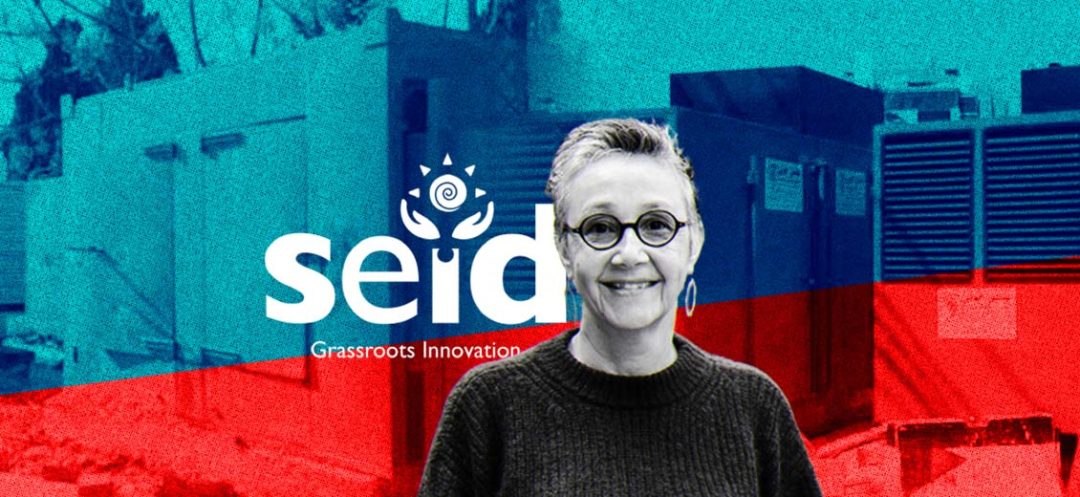In light of a comprehensive study conducted by MP Dr. Najat Aoun Saliba of the American University of Beirut (AUB), revealing critical findings on the impact of prolonged power outages on the city’s air quality, the Socio-Economic Institute for Development hosted a press conference on Thursday.
The conference aimed to launch a campaign against pollution resulting from diesel generators.
“It is not right that we have to choose between poison and electricity,” said Dr. Najat Aoun Saliba.
The research uncovered that Beirut’s residents suffer on multiple levels due to the unsupervised presence of diesel generators, which are frequently placed near homes and within residential complexes, especially after the surge of the electricity crisis in Lebanon.
The study emphasized the pervasive noise, vibrations and severe air pollution resulting from these generators. These factors contribute not only to psychological and physical discomfort but also to serious health risks, including chronic and potentially fatal diseases.
The study specifically noted high concentrations of particulate matter (PM2.5), with levels at AUB, the downtown business district (Beirut Central District-BCD) and the Makassed Nursing University (NSMU) at least three times higher than the World Health Organization’s recommended standards.
“We cannot live in fear of a fire because the owners of the diesel generators have decided to create mini factories between our houses, through the consent of those in power,” expressed Dr. Saliba.
Diesel emissions from generators were identified as the primary source of pollution across these sites, accounting for 56% of pollutants at BCD, 42% at AUB and 43% at NSMU. Notably, diesel emissions at AUB have doubled since the previous study conducted in 2016-2017. The estimated cancer risk (ESR) has also surpassed the Environmental Protection Agency (EPA) threshold, showing a 53% increase compared to earlier data.
Dr. Saliba underscored the severity of the situation, asserting that the use of diesel generators poses a multifaceted threat—beyond air pollution, it endangers public safety through potential fires, incessant noise and other health hazards. She emphasized the fundamental right of citizens to live in a healthy environment and declared her commitment to continue advocating for this cause, both as a Member of Parliament and as a concerned citizen.
Lawyer Shukri Haddad also addressed the conference, highlighting the legal aspects of the crisis. He criticized the widespread reliance on private diesel generators, which have exacerbated environmental pollution in Lebanon.
Citing the findings of Dr. Saliba’s study and numerous citizen complaints, Haddad called for the immediate enforcement of existing laws, including the Air Protection Law and the Environmental Protection Law. He urged relevant authorities, such as the Ministry of Energy and Water, the Ministry of Environment and the Ministry of Interior and Municipalities, to take decisive action in regulating the generator sector.
Haddad announced plans to file a public notice with the Environmental Public Prosecution, aiming to initiate legal proceedings to curb violations and hold responsible parties accountable. He encouraged citizens to actively file complaints, underscoring the importance of public engagement in addressing this critical issue.
In a previous investigation conducted by This Is Beirut, the owners of diesel generators asked for financial help from the Lebanese government to be able to secure filters for their generators. When asked about this proposal, Dr. Saliba replied, “They are making enough money. The government cannot finance their illegal presence. They are legally obliged to add filters and whoever is not able to add a filter should shut down the generator.”





